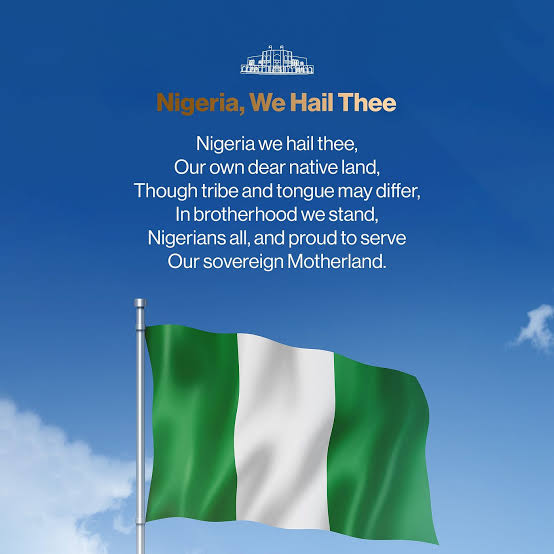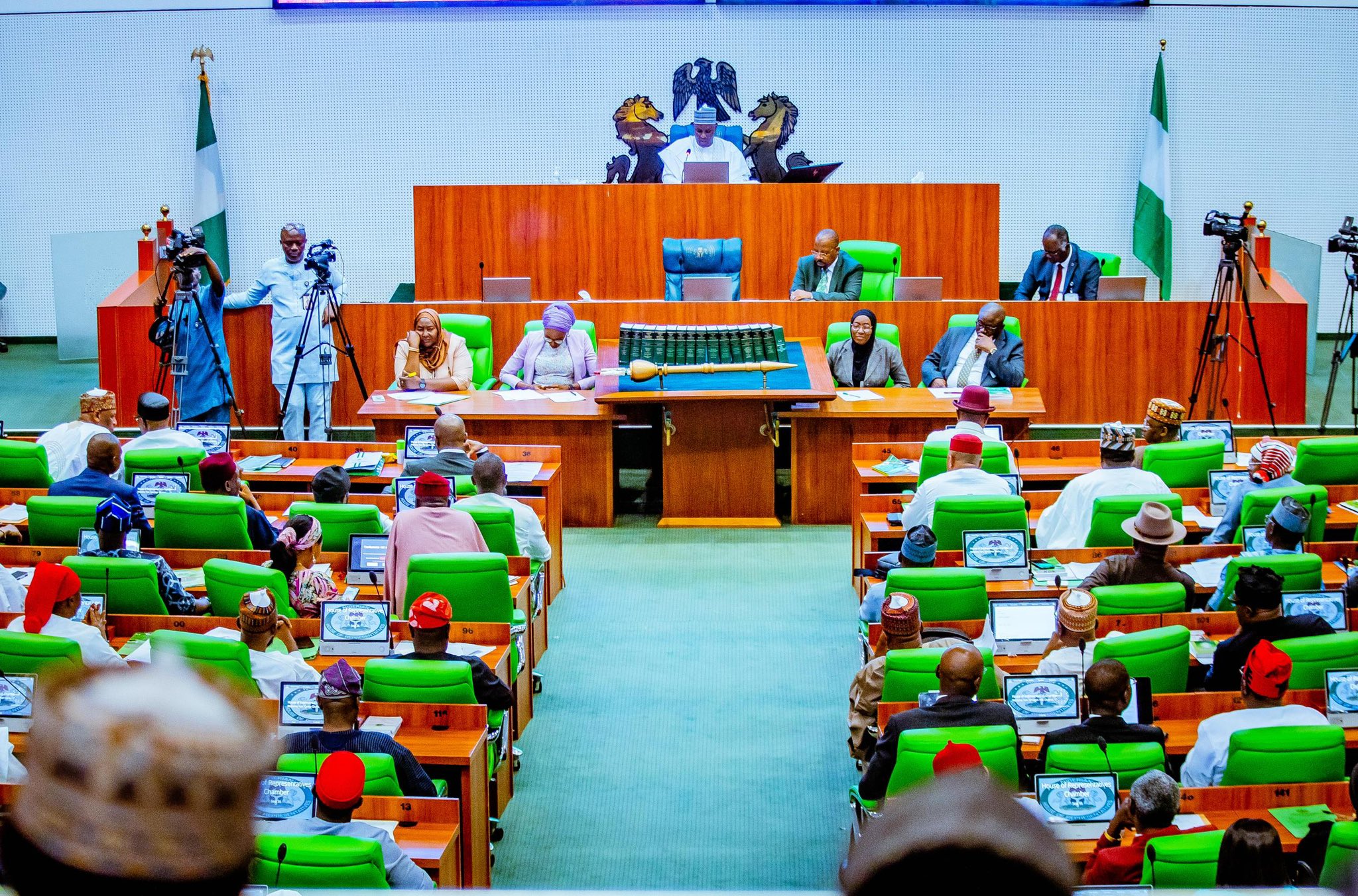Special Features
‘Nigeria We Hail Thee’: Sparks And Spews Of Re-adoption Of Old National Anthem

Eko Hot Blog reports that In a significant cultural and political development, Nigeria has re-adopted its former national anthem, “Nigeria, We Hail Thee.”
Editor’s Pick
- Democracy, Governance And Credible Elections (2)
- Opinion!!! The Dark Side of More
- 6 Essential Tips To Boost Your Car’s Fuel Efficiency In Today’s Economy
President Bola Tinubu assented to the National Anthem Bill 2024 on Wednesday, 29 May, reverting to the old national anthem, “Nigeria, we hail thee.”
Senate President Godswill Akpabio conveyed this in a statement.
He said, “This morning, Mr President signed into an Act of Parliament the newly passed National Anthem 2024.”
However, this move has sparked a mix of nostalgia, debate, and a renewed sense of national identity among citizens across the country.
Historical Background
“Nigeria, We Hail Thee” served as Nigeria’s national anthem from the country’s independence in 1960 until it was replaced in 1978 by “Arise, O Compatriots.”

First stanza of old Anthem
The original anthem, composed by Lillian Jean Williams and set to music by Frances Berda, encapsulated the aspirations and unity of a newly independent Nigeria.
Its lyrics celebrated the country’s diversity and called for unity and collective progress.
Reasons for the Change
The decision to revert to the old anthem stems from a desire to reconnect with the country’s roots and honor the legacy of the early post-independence period.
Advocates for the change argue that “Nigeria, We Hail Thee” embodies a spirit of optimism and national pride that is crucial for addressing contemporary challenges.
Reactions from the Public
The re-adoption has elicited varied reactions from different segments of the Nigerian society.
Older generations who experienced the anthem firsthand often express a deep sense of nostalgia and emotional connection.
However, many view the anthem as a reminder of a more hopeful and unified period in Nigeria’s history.
Conversely, younger Nigerians who grew up with “Arise, O Compatriots” are experiencing a mix of curiosity and skepticism.

Some feel a strong attachment to the anthem they have always known while others are open to embracing the historical significance of the older anthem.
Political and Cultural Implications
Politically, the move has been seen as a step towards fostering national unity and cohesion.
In a country marked by ethnic and regional diversity, the re-adoption of “Nigeria, We Hail Thee” is intended to serve as a unifying symbol.
Culturally, it highlights a resurgence of interest in Nigeria’s historical and cultural heritage.
The re-adoption of Nigeria’s old national anthem marks a pivotal moment in the nation’s journey.
Moreso, It is a gesture that seeks to bridge the past with the present, fostering a renewed sense of national pride and unity.
Further Reading
- Labour Calls For Tinubu’s Intervention As Minimum Wage Talks Stall
- Nigerian Students In UK Seek Food Charity Aid Amid Economic Crisis
- PDP Set To Reclaim Government In 2027, Say Makinde, Wabara, Others
As Nigeria moves forward, the echoes of “Nigeria, We Hail Thee” may serve as a reminder of the country’s enduring spirit of independence and its people’s shared aspirations.
Click here to watch our video of the week
Advertise or Publish a Story on EkoHot Blog:
Kindly contact us at [email protected]. Breaking stories should be sent to the above email and substantiated with pictorial evidence.
Citizen journalists will receive a token as data incentive.
Call or Whatsapp: 0803 561 7233, 0703 414 5611

















